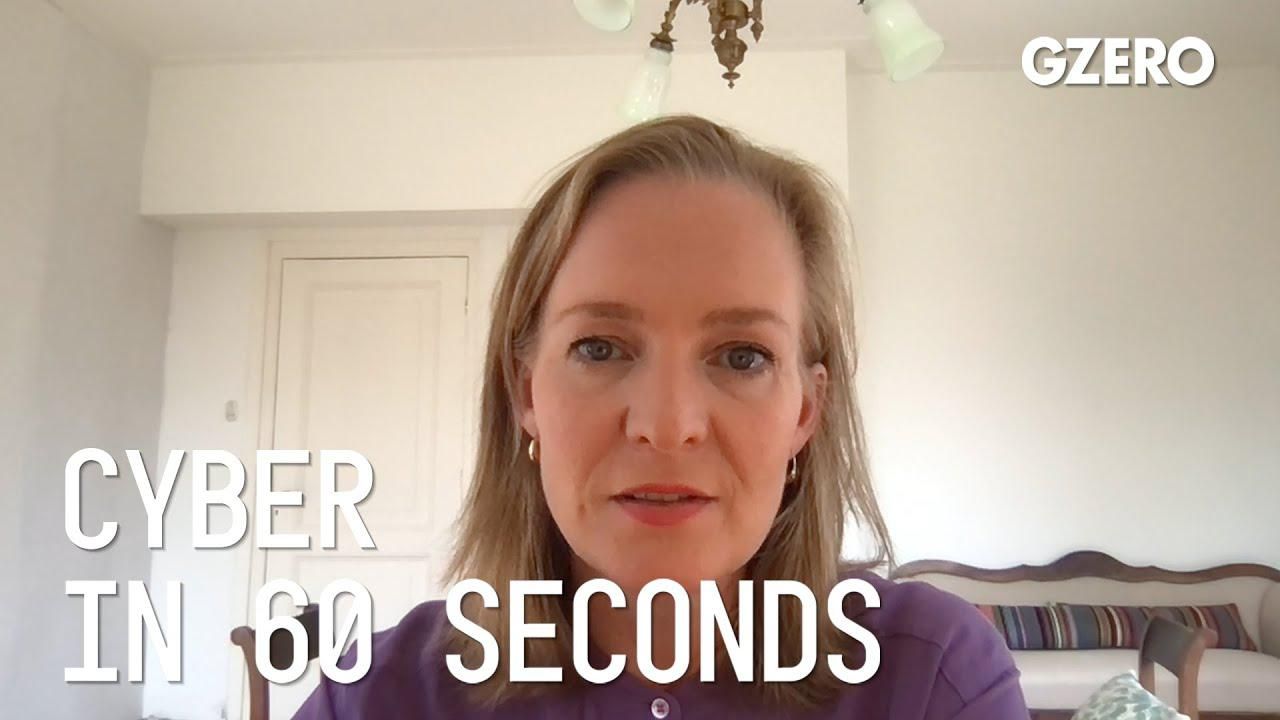Cyber in 60 Seconds
Is a Huawei ban possible in Brazil? Poly Network cryptocurrency heist

Is a Huawei Ban Possible in Brazil? | Poly Network Cryptocurrency Heist | Cyber In :60 | GZERO Media

Marietje Schaake, International Policy Director at Stanford's Cyber Policy Center, Eurasia Group senior advisor and former MEP, discusses trends in big tech, privacy protection and cyberspace:
The US warned Brazil about China's Huawei equipment in its 5G telecoms network. Would it be possible to ban Huawei in Brazil?
Now in theory, yes, but in practice, that will be very difficult. If not Huawei, the Brazilian mobile network infrastructure is largely sourced from China, and China is the country's most important trade partner overall. But as always, much depends on political leadership. President Bolsonaro, after all, did go along with President Trump in opposing Huawei while he was facing pushback for that decision at home. So the lesson to learn is that it is easier to prevent risky 5G telecoms equipment to come into the country than to cure when it's already there.
$600 million was stolen in what is being called the largest hack in decentralized finance history. What does this reveal about the security of digital assets?
Now, the answer is kind of in the question. The security is not hacker proof, at least not when it comes to the token swapping platform, Poly Network. But even if around half of the stolen assets have now been returned, the theft is still the largest robbery of its kind, and the hacker stole funds in 12 different cryptocurrencies.
Walmart is investing $350 billion in US manufacturing. Over two-thirds of the products Walmart buys are made, grown, or assembled in America, like healthy dried fruit from The Ugly Co. The sustainable fruit is sourced directly from fourth-generation farmers in Farmersville, California, and delivered to your neighborhood Walmart shelves. Discover how Walmart's investment is supporting communities and fueling jobs across the nation.
President Trump’s second term has rapidly reshaped global politics, with the US wielding power more aggressively, targeting weaker countries and even allies, Stephen Walt explains on GZERO World.
Ian Bremmer breaks down a sudden and serious transatlantic crisis: President Trump’s insistence that the United States must have sovereignty over Greenland.
It’s been a year since President Trump returned to office. How has the world changed? Stephen Walt joins Ian Bremmer on GZERO World.